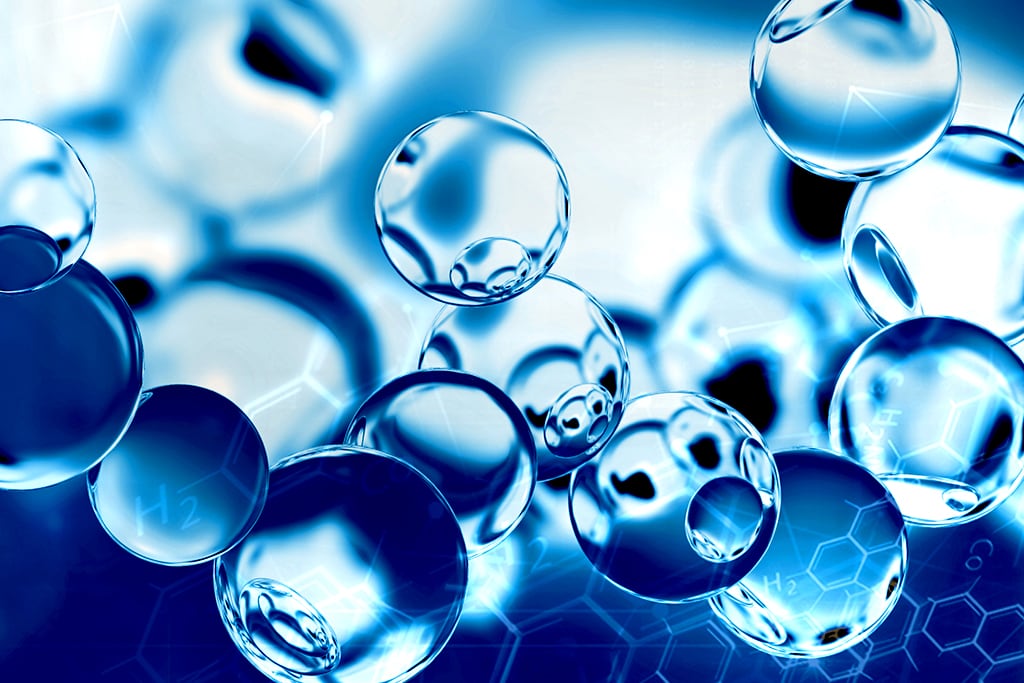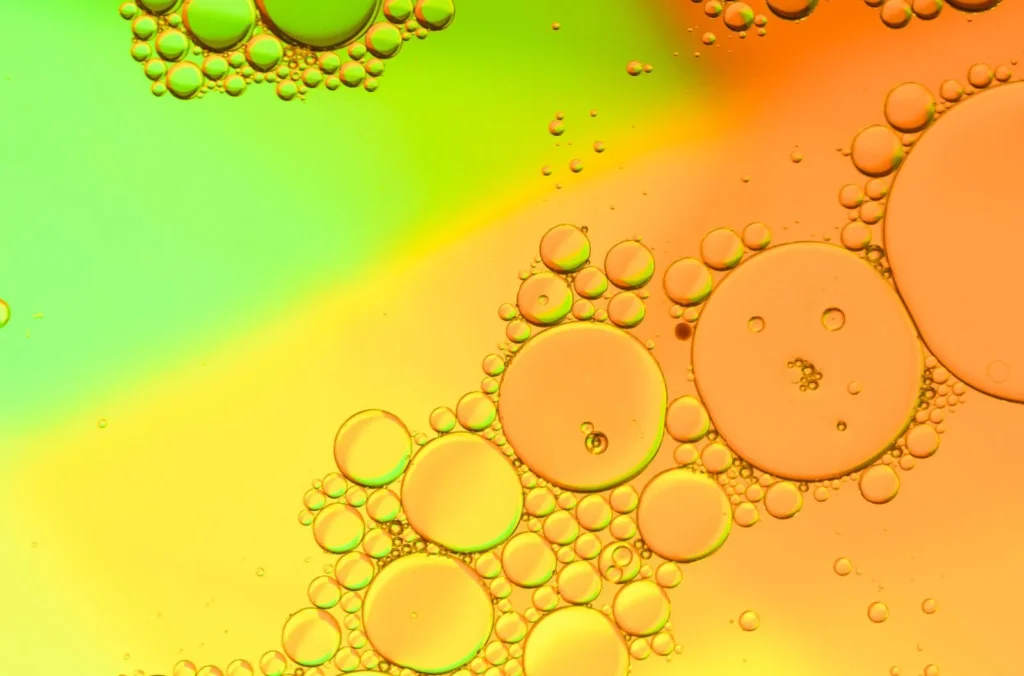The Future of Defoamers: Innovations and Trends in Foam Control Solutions
The Future of Defoamers: Innovations and Trends in Foam Control Solutions
Blog Article
The Function of Defoamers in Enhancing Item Top Quality and Efficiency
In numerous making procedures, the presence of foam can considerably impede product quality and functional performance. Defoamers act as crucial ingredients that alleviate this problem, making certain smoother production workflows while enhancing the aesthetic and useful features of the end products (defoamers). Their application extends a wide variety of markets, from food and drink to drugs, where consistency and integrity are extremely important. However, the choice of the appropriate defoamer can be essential to accomplishing optimal results, elevating crucial inquiries regarding formula compatibility and performance metrics that warrant more exploration.
Comprehending Defoamers
Recognizing the role of defoamers is necessary for maintaining product high quality throughout various markets. Defoamers are chemical additives designed to lower and protect against the development of foam in fluid systems, which can negatively influence procedures such as mixing, loading, and surface area tension. Frothing can bring about inefficiencies, product issues, and jeopardized aesthetic allure, making defoamers a crucial component in producing operations.
In commercial applications, defoamers help to boost product consistency and stability. The efficient use of defoamers not just guarantees smoother production procedures but additionally contributes to superior product efficiency.
Furthermore, the choice and solution of a defoamer need to align with particular application needs, such as compatibility with other active ingredients, performance under varying temperature and pH conditions, and potential governing restraints. Eventually, comprehending defoamers' features and their significance in various solutions is critical for maximizing manufacturing and making sure the highest possible top quality final product.
Kinds Of Defoamers
Defoamers can be classified right into numerous kinds based on their make-up and mechanism of activity. The primary types include silicone-based, non-silicone organic, and not natural defoamers.
Silicone-based defoamers are among one of the most reliable, mainly because of their capacity to spread out promptly on the liquid surface area and interrupt foam development. Their one-of-a-kind chemical structure enables premium security, making them ideal for high-temperature applications and environments with varying pH levels.
Non-silicone organic defoamers, commonly made up of fatty acids or all-natural oils, are valued for their biodegradability and reduced poisoning. These are generally used in food and beverage applications where safety and security and environmental impact are critical.
Inorganic defoamers, that include compounds like talc or calcium carbonate, act by enhancing the density of the liquid, thus decreasing foam stability. They are typically used in industrial processes where compatibility with various other products is not a worry.
Each kind of defoamer has unique advantages and limitations, enabling tailored solutions depending on the details foaming issues encountered in numerous applications. Comprehending these differences is essential for optimizing efficiency and attaining wanted item high quality.
Applications Across Industries
Various industries leverage defoamers to enhance product quality and operational efficiency. In the food and beverage industry, defoamers are vital in procedures such as brewing and dairy products manufacturing to avoid foam formation, which can bring about inefficiencies and product variance. By managing foam, suppliers can guarantee far better yield and a much more consistent product.
In the pharmaceutical market, defoamers play a crucial duty in the formulation of fluid drugs, where too much foam can hamper blending and accurate dosing. Their usage helps preserve the stability of the formulas and assists in smoother manufacturing processes.
The paint and coatings industry likewise counts on defoamers to improve the efficiency of items during application. By lessening foam, these ingredients guarantee a smoother surface and boost the aesthetic high qualities of the last product.

Benefits of Using Defoamers
While the application of defoamers varies across industries, their advantages continually boost item top quality and procedure performance. One substantial benefit is the decrease of foam development throughout making processes, which can or else lead to manufacturing hold-ups and incongruities in product quality. By lessening foam, defoamers make it possible for a smoother circulation of materials, helping with much more effective operations and decreasing the likelihood of tools breakdowns.
Additionally, using defoamers can improve the appearance and texture of last items. In markets such as finishings, paints, and food processing, too much foam can jeopardize the visual aesthetics and total top quality, while the ideal defoamer application ensures a consistent coating and preferable qualities. Defoamers can add to cost savings by lowering waste during production and optimizing the use of raw materials.

Selecting the Right Defoamer
Selecting the best defoamer is important for enhancing production processes and guaranteeing product quality. The choice of defoamer influences not only the effectiveness of foam control but also the overall performance qualities of the final product. Elements to think about consist of the sort of application, the chemistry of the formula, and the ecological problems under which the product will certainly be made use of.
Various industries might require details defoamer types, such as silicone-based, organic, or polymeric defoamers. Understanding the compatibility of the defoamer with the main components is important to stay clear of adverse responses that could endanger product stability. Furthermore, the defoamer's efficiency in various temperatures and pH degrees have to be find evaluated to guarantee consistent efficiency.
Evaluating the defoamer in small-scale applications can provide useful understandings into its efficiency and suitability. Factor to consider of regulative conformity, especially in food, drugs, and cosmetics, is paramount in choosing a defoamer. Inevitably, a comprehensive evaluation of these elements will certainly bring about the choice of a defoamer that not only manages foam efficiently but additionally enhances the high quality and efficiency of the last product.
Final Thought

In verdict, defoamers are essential additives that substantially enhance item high quality and efficiency throughout different sectors. The tactical selection and application of defoamers lead to cost savings, enhanced resource usage, and increased customer fulfillment.
Frothing can lead to inefficiencies, item issues, and compromised visual allure, making defoamers a vital element in making procedures.

Report this page